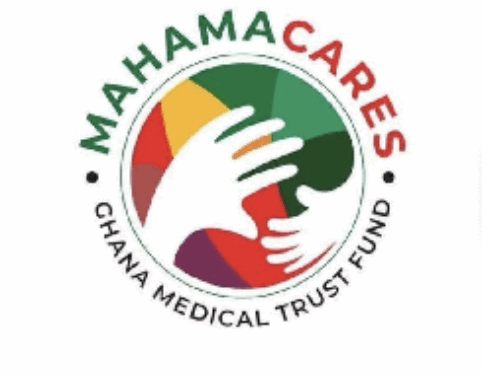Parliament has officially passed the Ghana Medical Trust Fund Bill—popularly known as the ‘Mahama Cares Programme’—to provide financial relief and medical support for patients suffering from chronic and non-communicable diseases (NCDs).
The bill, passed under a certificate of urgency on Tuesday, July 22, 2025, received bipartisan approval despite reservations from the Minority over its funding structure.
20% of NHIF to Finance the Fund
The Ghana Medical Trust Fund will receive 20% of total allocations from the National Health Insurance Fund (NHIF) as its primary source of financing. According to the Ministry of Health, the fund will target diseases such as cancer, kidney failure, diabetes, and hypertension, which account for a significant portion of Ghana’s mortality rate.
Health Minister Kwabena Mintah Akandoh revealed that the government has set aside GH¢1.5 billion as seed capital to operationalise the fund. He stressed that the initiative would offer “life-saving support” for patients facing catastrophic healthcare costs due to chronic illnesses.
“Forty-three percent of mortality in Ghana results from NCDs. The operationalization of Mahamacare will bring relief to patients and reduce the financial burden on families,” the minister stated.
Health Committee Report
Presenting the Health Committee’s report, Chairman Nawaane Kurt Mark highlighted that the bill aims to bridge the critical gaps in specialised healthcare delivery. These gaps include limited access to diagnostic equipment, the concentration of specialist care in urban areas, and high treatment costs that push many households into poverty within five years of diagnosis.
Read Also: From rap to rescue: Kweku Smoke covers GH₵66K surgery cost for KNUST student
“The Ghana Medical Trust Fund will ensure sustainable financing for specialised medical care, aligning with the government’s commitment to achieving universal health coverage,” Mr Mark said.
Minority Raises Concerns Over NHIF Deductions
While the Minority supported the intent of the bill, they strongly opposed the decision to finance the fund using NHIF allocations. Dr Nana Ayew Afriyie, Ranking Member on the Health Committee, warned that diverting NHIF funds could weaken the National Health Insurance Scheme (NHIS).
“Taking monies from the NHIF means the Medical Trust Fund will directly compete with NHIS funding. This approach is not sustainable,” Dr Afriyie cautioned, urging government to explore alternative funding mechanisms.
Broad Support and Call for Donations
Deputy Health Minister-designate and MP for Essikado-Ketan, Professor Grace Ayensu-Danquah, threw her support behind the bill, noting its alignment with the United Nations Universal Health Coverage goals.
She also commended corporate organisations and individuals who have contributed to the fund and urged more public-private partnerships to sustain it.

























